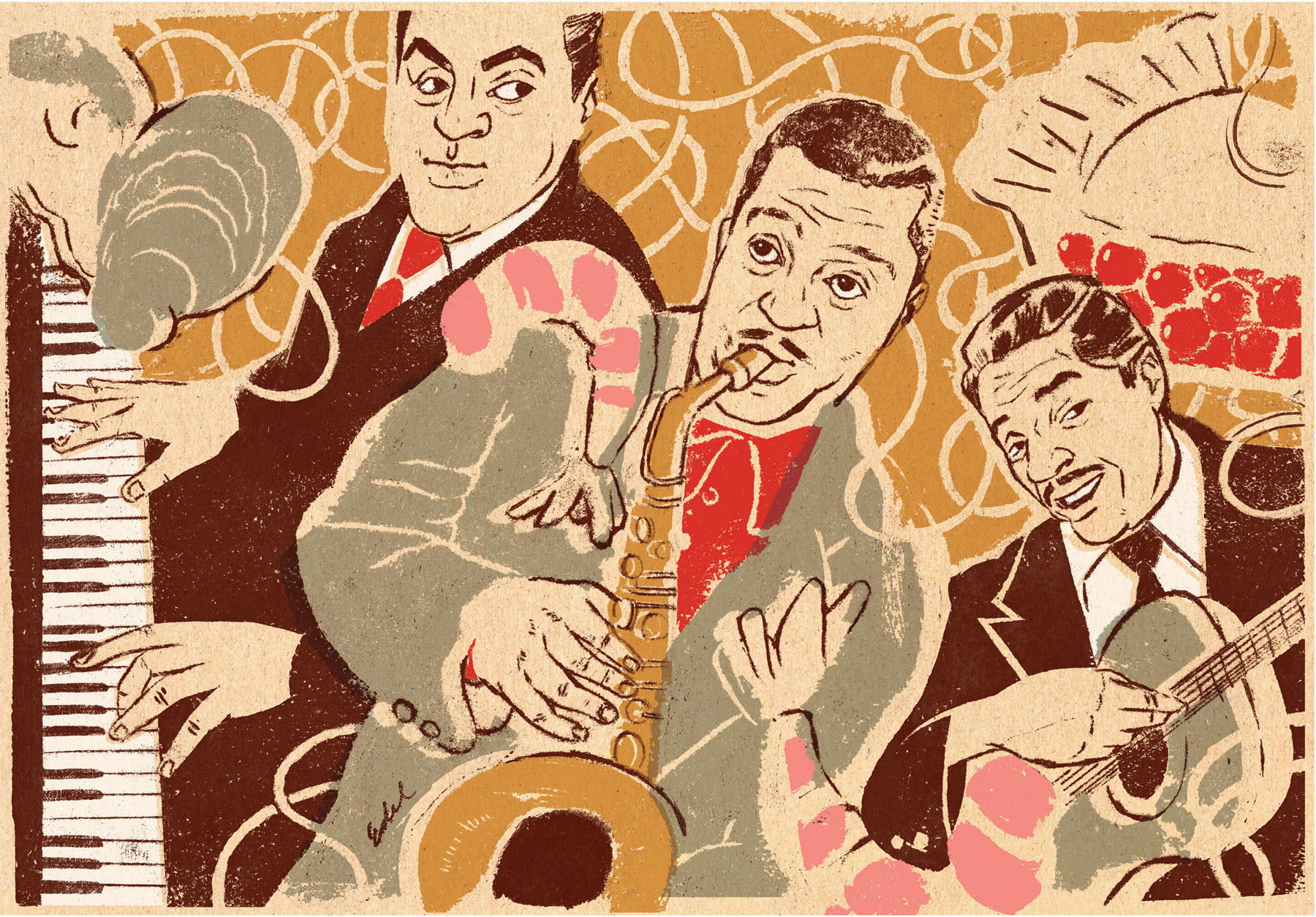
When a bee lies sleepin'
In the palm of your hand
You're bewitched and deep in love's
Long looked-after land
Where you'll see a sun-up sky
With the morning dew
And where the days go laughin' by
As love comes a-calling on you
Two bordellos competing for business in the West Indies is the setting for the 1954 musical, House of Flowers, a collaboration between Harold Arlen (after he wrote The Wizard of Oz) and Truman Capote (before he wrote Breakfast at Tiffany's). Based on Capote's novella of the same name, this was his only musical. An all-star cast, including Pearl Bailey, Juanita Hall, Ray Walston and Diahann Carroll, couldn't save this show from poor reviews and a relatively short run, but Carroll's song, "A Sleepin' Bee," took on a life of its own. Months after an 18-year-old Barbra Streisand learned it for an amateur contest at a Greenwich Village bar that she of course won, she radiantly sang it for her national television debut on the Jack Paar Show in 1961; the textures she brings in this performance are remarkable. And here she is 40 years later, with a lead-in verse that explains what it means to catch a sleepin' bee. This was a signature song for Diahann Carroll as well, and she reprised it in this performance at the 1985 Tony's; artists such as Audra Ann McDonald and seven-time Grammy winner Al "Moonlighting" Jarreau have also been attracted to the dreamlike musical intervals and long, poetic phrases of this bewitching song.





